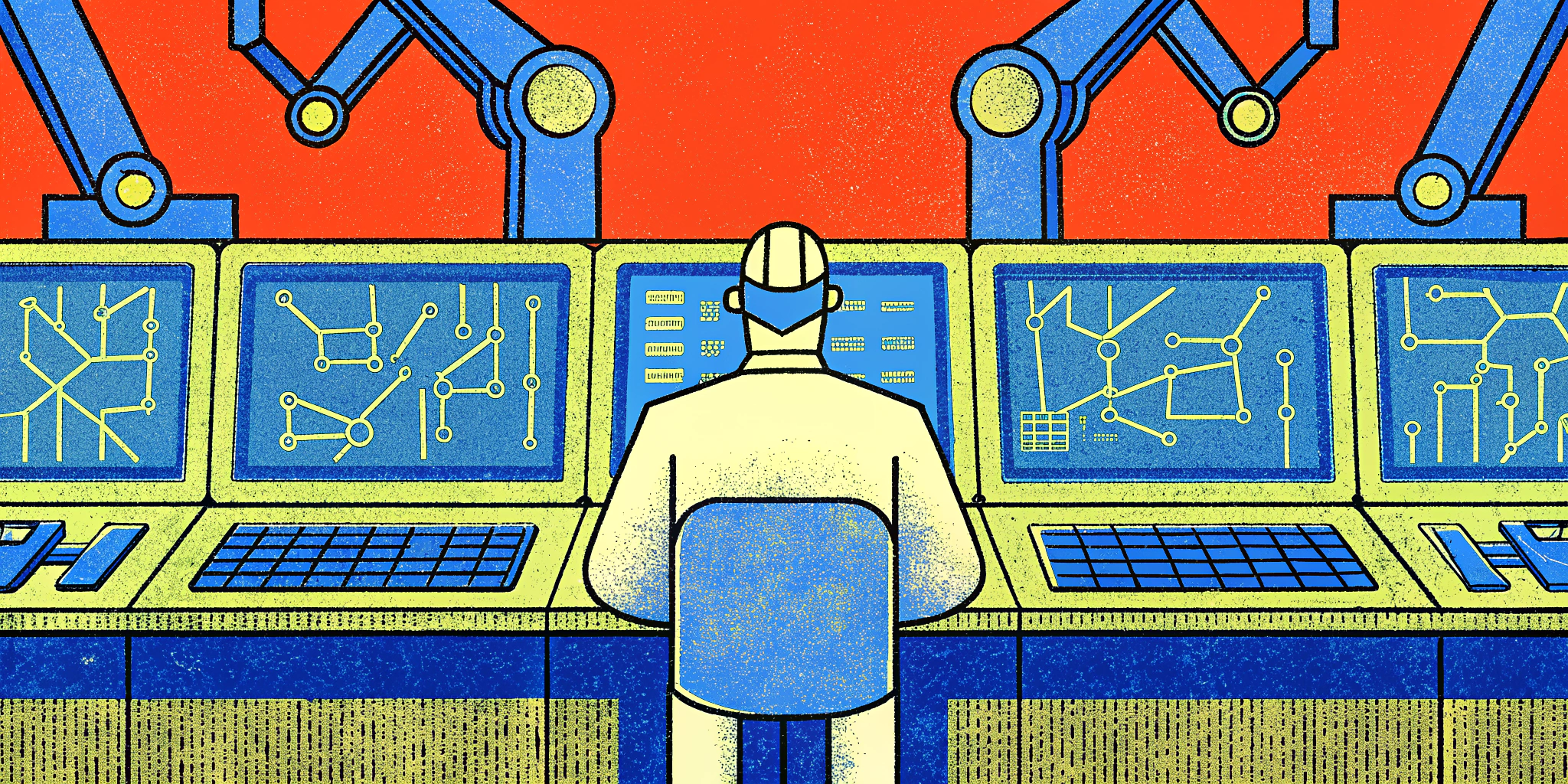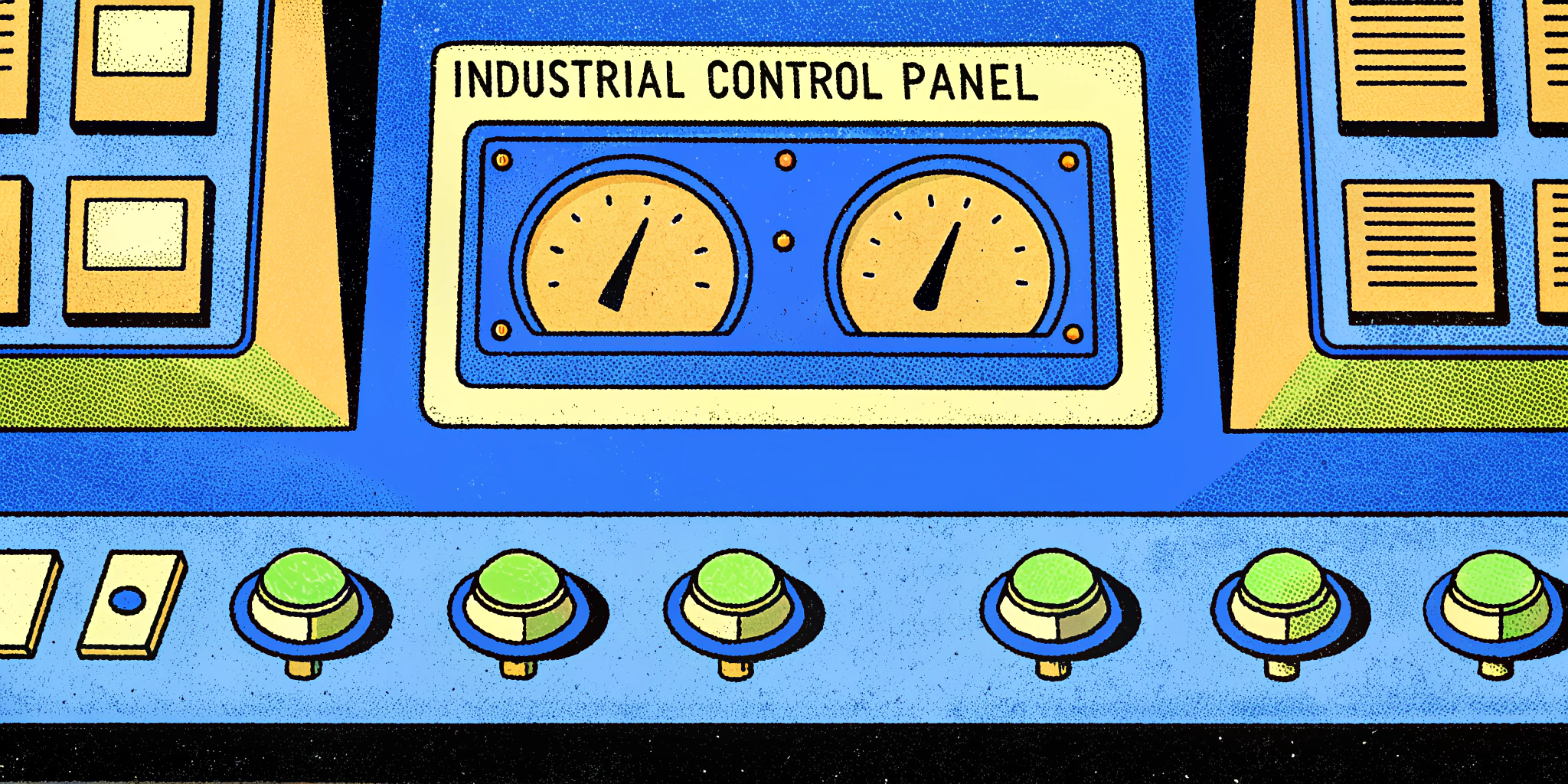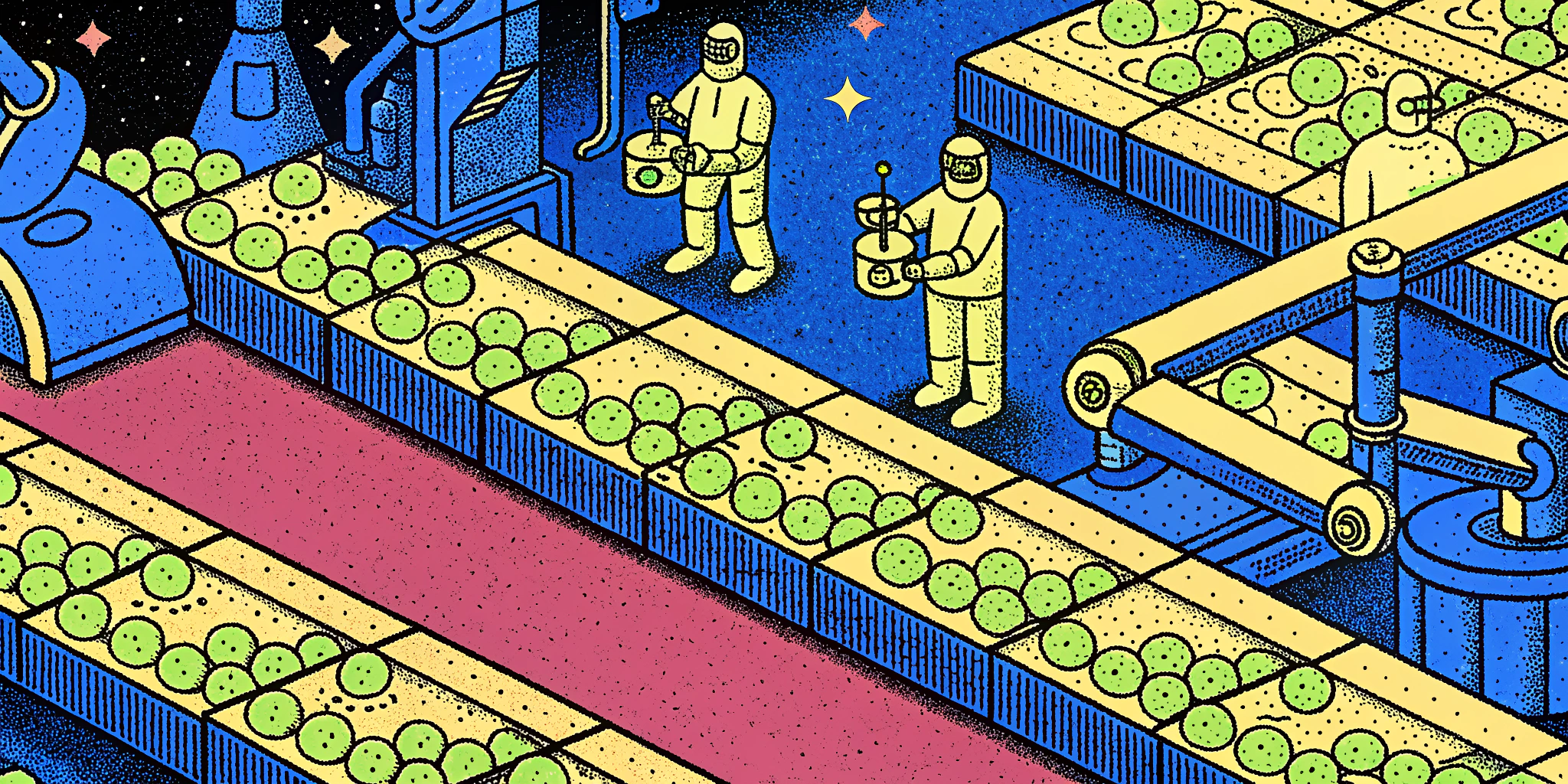Hi, I’m Alex Carter, a seasoned Automation Engineer with over a decade of experience in designing and optimizing manufacturing systems. I’ve been on both sides of the interview table—answering and asking questions—and I know how daunting interviews can feel, especially in the highly technical field of automation engineering.
In this blog post, I’ll break down 20 key automation engineer interview questions and provide detailed answers and real-world examples to help you land your dream job. Whether you’re a novice or a seasoned pro, these insights will help you prepare like a champ.
I’ll also share some personal tips, like how I used Ninjafy AI as my interview co-pilot to ace mock interviews and fine-tune my responses. Trust me, it’s a game-changer!
Table of Contents
- Why Are You Interested in This Role?
- What Are the Roles of an Automation Engineer?
- What Qualities Are Needed to Excel in This Job?
- Describe a Challenge You Faced and How You Solved It.
- What Does a Typical Day Look Like for You?
- What’s Your Experience in Automation Engineering?
- What Strategies and Mindsets Do You Use for Success?
- What Challenges Do You Foresee in This Role?
- How Do You Stay Motivated as an Automation Engineer?
- Can You Share a Time You Failed and What You Learned?
- Why Are You the Best Fit for This Job?
- What’s Your Greatest Achievement?
- What’s Been Your Least Successful Experience?
- What Do You Know About Quality and Safety Standards?
- How Have You Improved Efficiency or Product Quality?
- How Do You Convince Management to Implement New Ideas?
- What Would You Tackle in Your First Week Here?
- What’s the Most Rewarding Part of Your Job?
- What’s Your Understanding of Process Improvement?
- Give an Example of a Process Improvement You Led.
1. Why Are You Interested in This Role?
Opening Paragraph:
This is a common opening question aimed at understanding your motivation. Employers want to see that you’re genuinely passionate about the role and their company.
Example Answer:
“I’ve always admired companies that create products I personally use and value. When I saw the job posting at your organization, I was struck by how closely the role aligns with my skills. I’m excited by the opportunity to work with cutting-edge manufacturing systems and contribute to optimizing your processes. My 8+ years of experience in automation engineering will allow me to hit the ground running.”
Pro Tip:
Tailor your answer to the company. For instance, if they specialize in automotive manufacturing, mention your interest in that industry.
2. What Are the Roles of an Automation Engineer?
Snippet Paragraph:
Automation engineers design systems that improve efficiency, quality, and safety in manufacturing processes.
Deeper Dive:
Your response should demonstrate familiarity with the job description and highlight your experience.
Example Answer:
“An automation engineer ensures that manufacturing processes are efficient, reliable, and meet safety and quality standards. This includes designing control systems, programming PLCs, troubleshooting, and optimizing existing operations. For instance, at my previous job, I revamped the control layout for a bottling plant, reducing downtime by 25%.”
| Key Responsibilities of an Automation Engineer | Example Tools/Techniques |
|---|---|
| Designing control systems | PLC Programming (Siemens, Allen-Bradley) |
| Troubleshooting | SCADA Systems |
| Process Optimization | Lean Manufacturing Principles |
3. What Qualities Are Needed to Excel in This Job?
Snippet Paragraph:
Automation engineers need technical expertise and soft skills to succeed.
Example Answer:
“To excel as an automation engineer, you need strong analytical skills, attention to detail, and curiosity to solve complex problems. Additionally, being adaptable and a great communicator is crucial, as this role often involves working in cross-functional teams.”
4. Describe a Challenge You Faced and How You Solved It.
Snippet Paragraph:
Employers are looking for problem-solving skills and resilience in tough situations.
Example Answer:
“At my previous job, a system failure caused significant downtime. After diagnosing the issue, I discovered a fault in the PLC logic. I quickly reprogrammed the affected modules and implemented a fail-safe, reducing downtime by 60%. It taught me the importance of proactive maintenance.”
5. What Does a Typical Day Look Like for You?
Snippet Paragraph:
Give a glimpse of your daily workflow to show how well you understand the role.
Example Answer:
“My day starts with reviewing system performance data. I then work on scheduled maintenance, PLC programming, and testing. Afternoons are reserved for cross-department meetings or troubleshooting onsite issues. For example, last week, I led the debugging of a robotic arm’s motion sequence.”
6. What’s Your Experience in Automation Engineering?
Snippet Paragraph:
Outline your career journey, emphasizing relevant experience.
Example Answer:
“I’ve spent the last 7 years working on process automation in the FMCG sector. One of my proudest achievements was designing a control system for a packaging line that increased throughput by 30%.”
7. What Strategies and Mindsets Do You Use for Success?
Snippet Paragraph:
Employers want to see how you approach challenges and maintain consistency.
Example Answer:
“My go-to strategy is leveraging data to guide decisions. For mindset, I focus on continuous learning and staying updated with industry trends, like IoT-enabled manufacturing.”
8. What Challenges Do You Foresee in This Role?
Snippet Paragraph:
This question evaluates your understanding of the job and your adaptability.
Example Answer:
“Adapting to new control systems or integrating legacy systems with modern automation tools can be challenging. However, I’ve successfully navigated similar situations by collaborating with IT departments and suppliers.”
Conclusion
Preparing for an automation engineer interview can feel overwhelming, but with the right preparation, you can ace it. The key is to anticipate questions, structure your answers thoughtfully, and back them up with real-world examples.
I also recommend using tools like Ninjafy AI for mock interviews and real-time interview guidance. It helped me refine my responses and gave me the confidence to face any question head-on.
Good luck with your interview!




